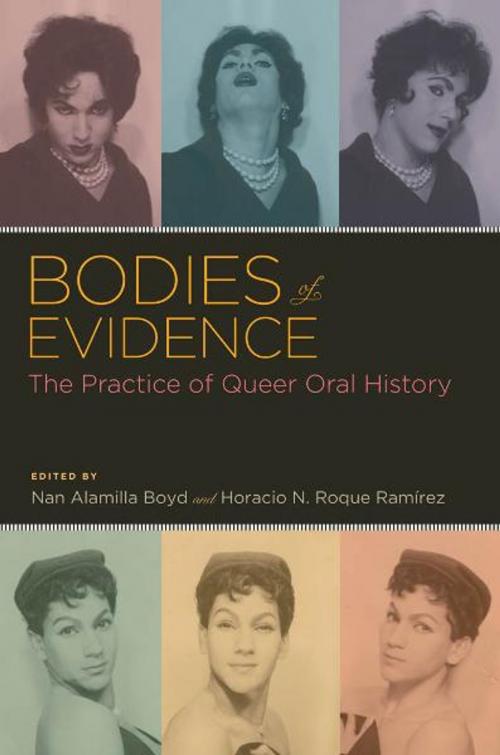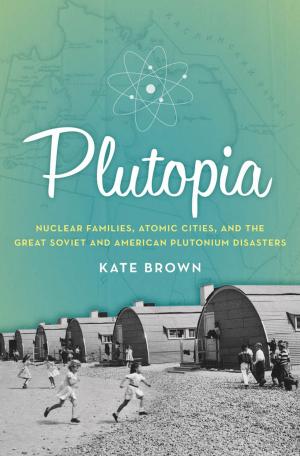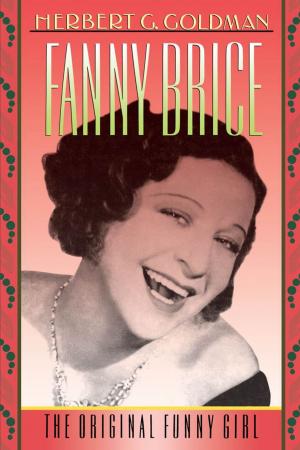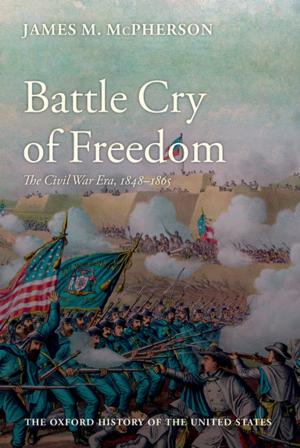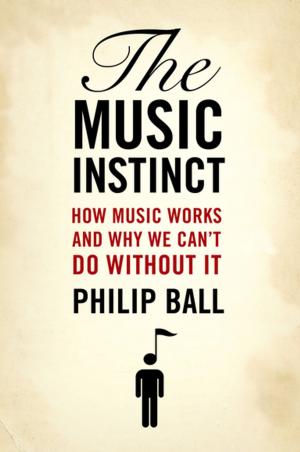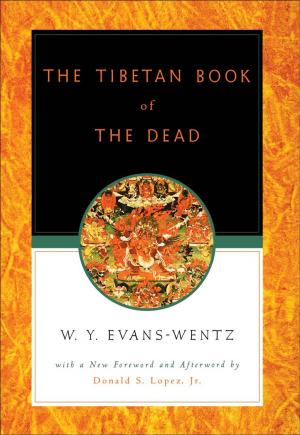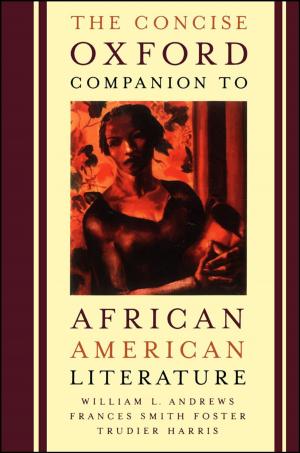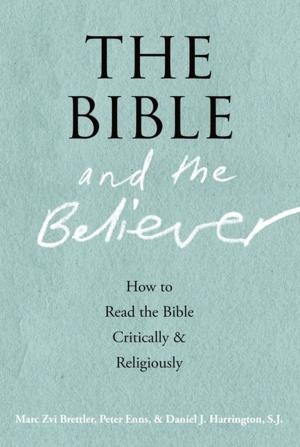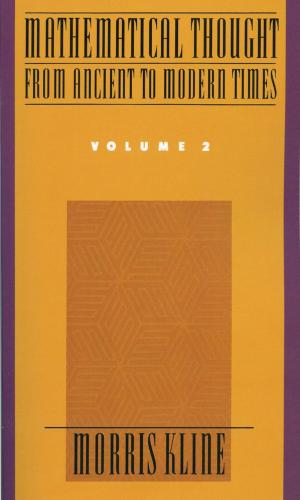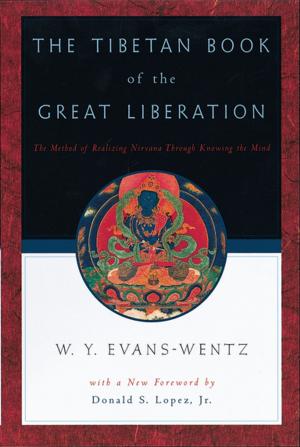Bodies of Evidence : The Practice of Queer Oral History
The Practice of Queer Oral History
Nonfiction, Social & Cultural Studies, Social Science, Cultural Studies, Customs & Traditions, Gender Studies, Gay Studies, History| Author: | Nan Alamilla Boyd; Horacio N. Roque Ramirez | ISBN: | 9780199910854 |
| Publisher: | Oxford University Press, USA | Publication: | January 6, 2012 |
| Imprint: | Oxford University Press, USA | Language: | English |
| Author: | Nan Alamilla Boyd; Horacio N. Roque Ramirez |
| ISBN: | 9780199910854 |
| Publisher: | Oxford University Press, USA |
| Publication: | January 6, 2012 |
| Imprint: | Oxford University Press, USA |
| Language: | English |
Bodies of Evidence: The Practice of Queer Oral History is the first book to provide serious scholarly insight into the methodological practices that shape lesbian, gay, bisexual, transgender, and queer oral histories. Each chapter pairs an oral history excerpt with an essay in which the oral historian addresses his or her methods and practices. With an afterword by John D'Emilio, this collection enables readers to examine the role memory, desire, sexuality, and gender play in documenting LGBTQ communities and cultures. The historical themes addressed include 1950s and '60s lesbian bar culture; social life after the Cuban revolution; the organization of transvestite social clubs in the U.S. midwest in the 1960s; Australian gay liberation activism in the 1970s; San Francisco electoral politics and the career of Harvey Milk; Asian American community organizing in pre-AIDS Los Angeles; lesbian feminist "sex war" cultural politics; 1980s and '90s Latina/o transgender community memory and activism in San Francisco; and the war in Iraq and Afghanistan. The methodological themes include questions of silence, sexual self-disclosure and voyeurism, the intimacy between researcher and narrator, and the social and political commitments negotiated through multiple oral history interviews. The book also examines the production of comparative racial and sexual identities and the relative strengths of same-sexuality, cross-sexuality, and cross-ideology interviewing.
Bodies of Evidence: The Practice of Queer Oral History is the first book to provide serious scholarly insight into the methodological practices that shape lesbian, gay, bisexual, transgender, and queer oral histories. Each chapter pairs an oral history excerpt with an essay in which the oral historian addresses his or her methods and practices. With an afterword by John D'Emilio, this collection enables readers to examine the role memory, desire, sexuality, and gender play in documenting LGBTQ communities and cultures. The historical themes addressed include 1950s and '60s lesbian bar culture; social life after the Cuban revolution; the organization of transvestite social clubs in the U.S. midwest in the 1960s; Australian gay liberation activism in the 1970s; San Francisco electoral politics and the career of Harvey Milk; Asian American community organizing in pre-AIDS Los Angeles; lesbian feminist "sex war" cultural politics; 1980s and '90s Latina/o transgender community memory and activism in San Francisco; and the war in Iraq and Afghanistan. The methodological themes include questions of silence, sexual self-disclosure and voyeurism, the intimacy between researcher and narrator, and the social and political commitments negotiated through multiple oral history interviews. The book also examines the production of comparative racial and sexual identities and the relative strengths of same-sexuality, cross-sexuality, and cross-ideology interviewing.
